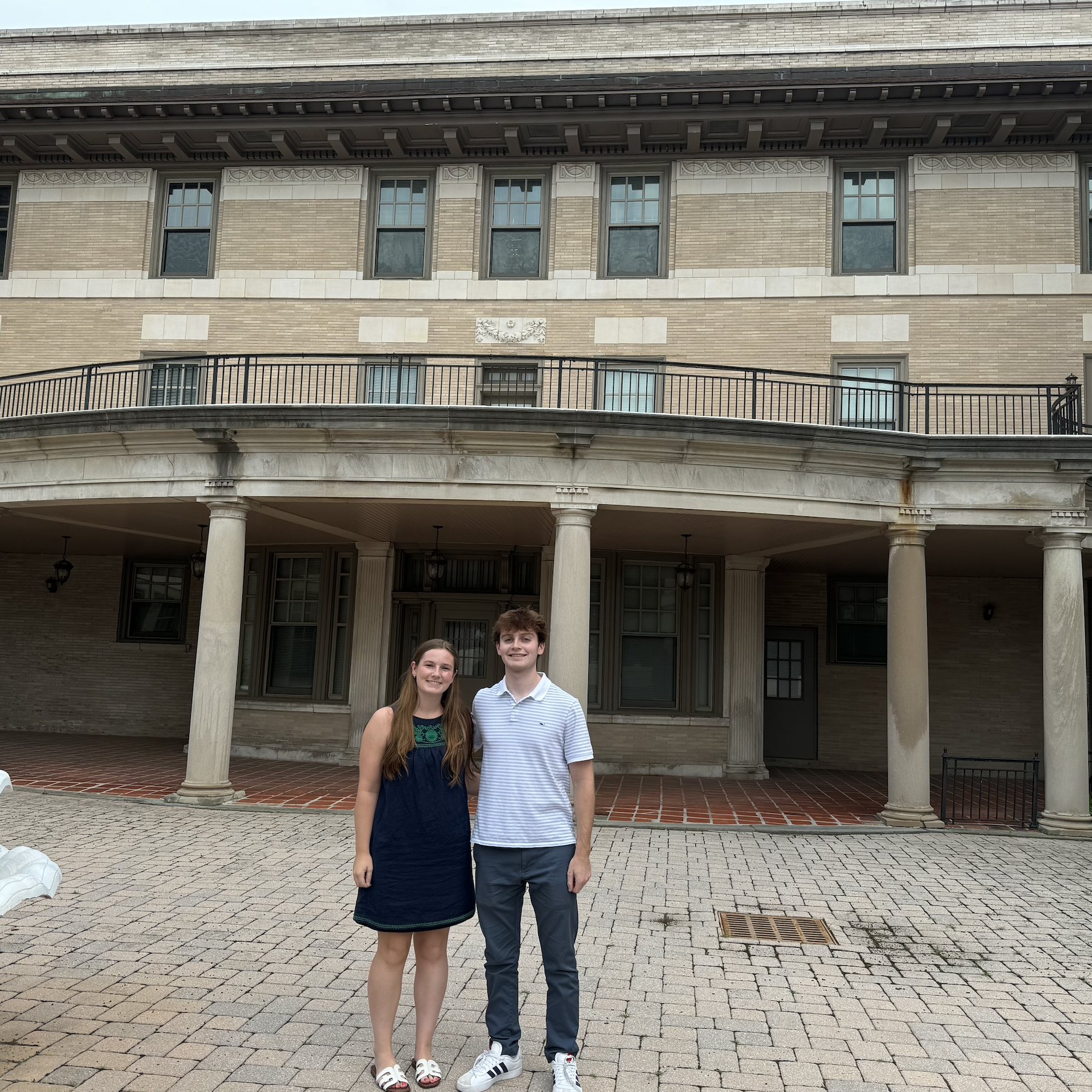By Chris Dolich, The Presser Foundation Summer Intern
During my time as a summer intern at The Presser Foundation, I have been exposed to the many ways that the Board and staff strive to achieve their mission of support and equitable access to music in the Greater Philadelphia Area (and beyond). Throughout several grantmaking areas, a diverse array of grantees, and various other methods of support, one theme was constant: the commitment to diversity, equity, inclusion, and accessibility (DEIA).
I was able to sit in on several meetings with grantees over the past few weeks. The organizations that I learned about ranged from College/University music programs to local organizations aiming to make music accessible to their immediate communities. Through listening to leaders from all types of organizations, I began to better understand the idea of equity. The idea of DEIA, and specifically equity, that I had prior to the internship was very superficial. I have always practiced these values, but I have never seen up close what it means to try and incorporate them on a large, social scale. To see how The Presser Foundation is constantly refining their efforts to make music more equitable and accessible to people, and to see how our grantees do this every day, has greatly altered my perception of this concept.
Something else that informed my DEIA experience was the Tribal College and University (TCU) Listening Sessions hosted by The Presser Foundation. We wanted to know if they had music programs, if music was part of their curriculums outside of a formal department, and if students were learning about music on their own outside the classroom. To say that I was (and still am) uneducated about TCUs, Native American Tribes, and Reservations would be an understatement. The listening sessions, though, provided great insights into the problems being faced by these institutions, their students, and the people living on the land surrounding them.
Going to visit Wildflower Composers, an organization led by Dr. Erin Busch to educate women, trans, and non-binary individuals about music composition, was also informative to my outlook on DEIA. As a music student and composer sitting in on one of their classes, I could tell that Dr. Busch and the students were all doing great work at a high level. It was also great to see that underrepresented people in the worlds of music and composition were being given the chance to learn and develop their skills in an inclusive and supportive community.
The reason I say that all of these experiences inform and educate my perception of DEIA is because, like I said, I am a musician and student of music. I am surrounded daily by musicians, composers, and others like myself whose goal is to learn and experience music as holistically as possible. However, it is not always obvious to me that underrepresented individuals lack the support and opportunities that are given to me so easily. This is why my summer internship at The Presser Foundation has been so impactful. The grantees, the staff, and everyone else working for and with the Foundation have given me the experiences necessary to have a more diverse, equitable, and inclusive outlook on my academic, musical, and general endeavors going forward.








